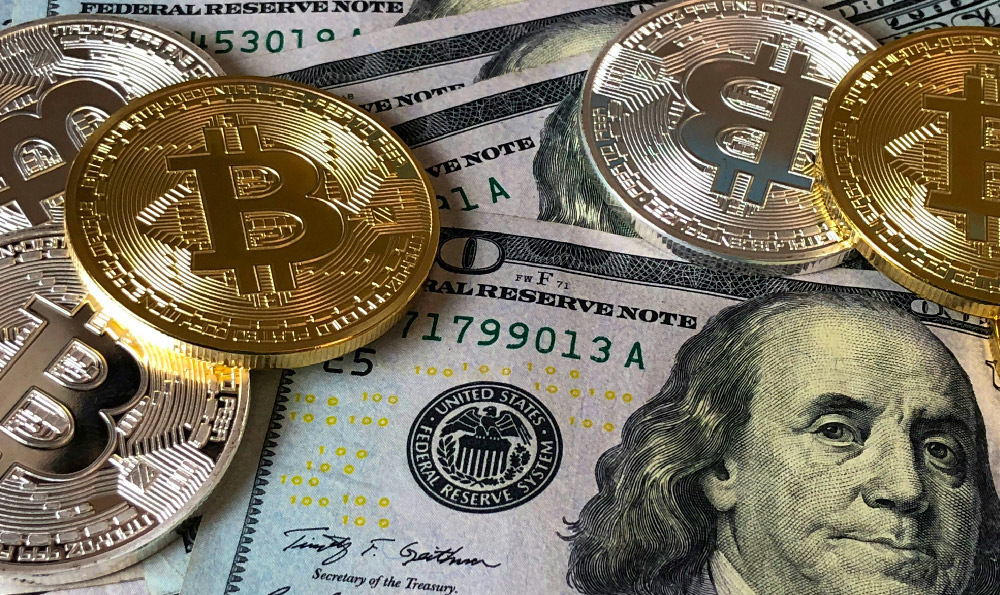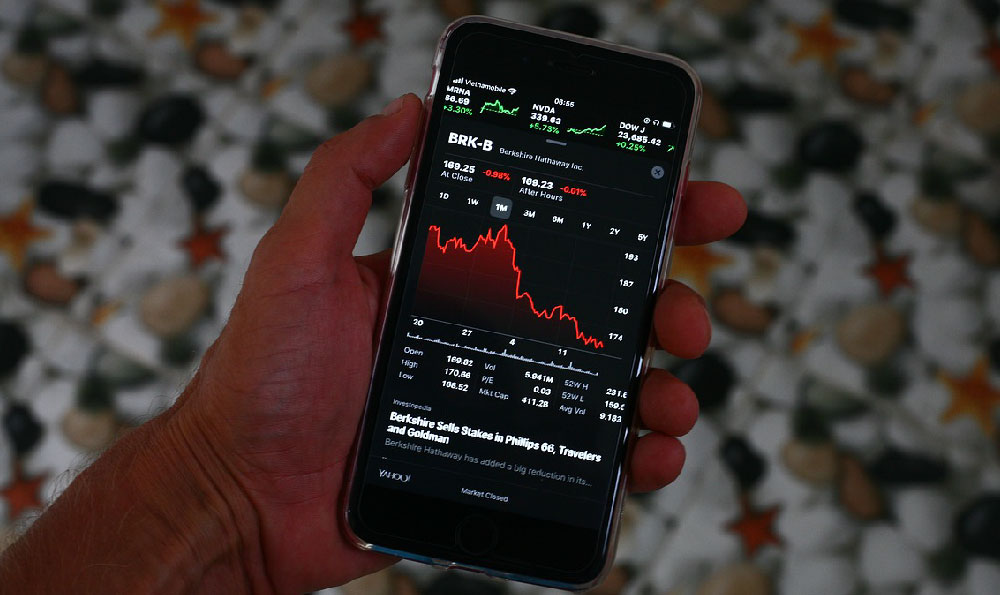Joe Biden's path to wealth is a story far removed from the image of a Wall Street titan or a tech entrepreneur. Instead, it's a narrative built on decades of public service and strategic financial decisions, particularly in his post-Vice Presidency years. Understanding how he accumulated his wealth and where it's invested offers insights into his financial acumen and priorities.
For much of his career, Biden's income stemmed primarily from his salary as a politician. He served as a U.S. Senator for Delaware from 1973 to 2009 and then as Vice President under President Barack Obama from 2009 to 2017. During these years, his financial disclosures indicate a comfortable but not extravagant lifestyle. His income was sufficient to support his family, including his sons Hunter and Beau, but it didn't reflect the significant wealth he would later amass.
The turning point in Biden's financial journey came after leaving the Vice Presidency. No longer bound by the constraints of public office salaries, he capitalized on his years of experience and high profile by engaging in lucrative speaking engagements and book deals. His memoir, "Promise Me, Dad," published in 2017, became a bestseller, generating substantial royalties. He also commanded significant fees for delivering speeches to various organizations and institutions. These endeavors collectively contributed significantly to his post-Vice Presidential income.

According to financial disclosures, Biden and his wife, Jill Biden, earned millions of dollars in the years following his departure from the White House. Their income reportedly jumped significantly, primarily due to the book sales and speaking fees. This surge in income allowed them to make strategic investments and further solidify their financial security.
Where did this money go? A significant portion of Biden's wealth is invested in a mix of assets, reflecting a relatively conservative investment strategy suitable for someone of his age and stage of life. He and his wife primarily invest in low-cost index funds, bonds, and real estate. Index funds offer broad market exposure, diversifying their investments across a wide range of companies and sectors, mitigating the risk associated with investing in individual stocks. Bonds provide a more stable income stream and act as a hedge against market volatility.
The Bidens also own real estate, including their primary residence in Delaware and a vacation home. Real estate is often considered a solid long-term investment, providing both potential appreciation and a tangible asset. While the specifics of their real estate holdings aren't always publicly disclosed, it's safe to assume they represent a significant portion of their net worth.
Furthermore, it's important to consider the estate planning and charitable giving aspects of Biden's wealth management. Like many individuals with substantial assets, the Bidens likely have a comprehensive estate plan in place to ensure the smooth transfer of their wealth to their heirs while minimizing estate taxes. They may also engage in charitable giving, supporting causes they believe in and potentially benefiting from tax deductions.
Biden's financial decisions are often portrayed as contrasting sharply with those of his predecessor, Donald Trump, who built his fortune primarily through real estate development and branding. While Trump's wealth is largely tied to his business empire, Biden's wealth is more closely linked to his public service and the opportunities that arose after leaving office. This difference in wealth accumulation reflects fundamentally different approaches to career and financial planning.
Critics have sometimes scrutinized Biden's wealth, particularly concerning Hunter Biden's business dealings. These criticisms often center on potential conflicts of interest or accusations of influence peddling. However, investigations and audits have generally not found direct evidence of wrongdoing on the part of Joe Biden himself concerning his personal finances. It is essential to differentiate between the actions of family members and the financial decisions of the individual in question.
In conclusion, Joe Biden's wealth accumulation is a story of gradual growth over decades of public service, followed by a significant boost in income after leaving the Vice Presidency. His investment strategy is relatively conservative, emphasizing diversification and long-term stability through index funds, bonds, and real estate. While subject to scrutiny and occasional criticism, his financial success is largely attributable to his career choices and prudent investment decisions. His financial trajectory offers a study in how public figures can leverage their experience and reputation to achieve financial security in their later years. The fact that he eschews complex investment strategies in favor of simpler, more diversified approaches underscores his commitment to transparency and avoiding potential conflicts of interest. His story, in essence, is a testament to the potential rewards of a long and dedicated career in public service, combined with sound financial planning.












